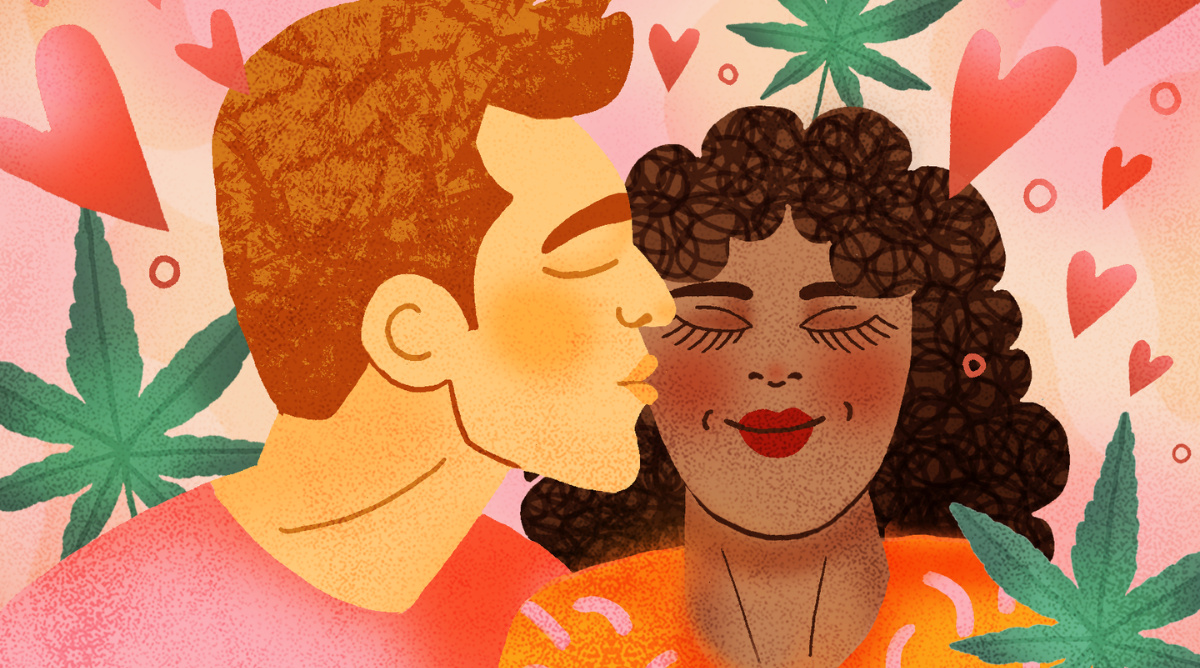
Lately, both marijuana and Viagra have been topics of many discussions, and for good reasons. Marijuana, once widely criminalized, has increasingly been legalized for recreational and medicinal use. On the other hand, Viagra has helped with the treatment of erectile dysfunction (ED) since the late 1990s. In short, both substances have played major roles in boosting a man’s overall well-being.
In this article, we will be comparing marijuana Vs. Viagra to understand their purposes, benefits, and impact on our health. Ultimately, you will know the situations they can come in handy if the need arises. Follow closely till the end as we reveal crucial details about these substances.
Before we go into comparisons between marijuana and Viagra, let’s do a quick overview of their origin.
Marijuana, also known as cannabis or weed, is a plant that originated from Central Asia. For thousands of years, it has been used for its medicinal and psychoactive properties to treat health issues like pain and anxiety. While cannabis became illegal in the U.S. in the early 20th century, many states are beginning to either decriminalize or legalize it.
Cannabis contains over 100 active cannabinoids, the most popular being cannabidiol (CBD) and tetrahydrocannabinol (THC). While CBD is the non-psychoactive and medicinal part of the plant, THC is largely responsible for the “high” associated with it.
Weed is also generally divided into indica and sativa strains. Indica is known for its relaxing and soothing effects, which makes it useful to treat conditions like insomnia. Conversely, Sativa is more stimulating and is used to treat depression and fatigue.
Viagra, or sildenafil, was created by Pfizer in the late 1990s to treat hypertension and angina. However, it was later found to have a significant impact on erectile function. This led to it being used for treating erectile dysfunction. Thus revolutionizing sexual health for men all over the world.
Sildenafil works by inhibiting the enzyme that regulates blood flow to the penis, called phosphodiesterase type 5 (PDE5). By blocking PDE5, the blood vessels can relax and expand, which improves blood flow.
As such, a man can easily experience an erection when sexually stimulated. It is important to note that Viagra does not necessarily increase your libido. Rather, it treats the physiological factors responsible for erectile dysfunction.
Let’s take a closer look at marijuana and Viagra under the following headings:
Cannabis is used for both medicinal and recreational purposes. Here is a quick overview of how it works:
Viagra is used to treat erectile dysfunction associated with aging, health conditions (such as diabetes or cardiovascular disease), or physiological issues like anxiety or depression. In some other “off-label” prescriptions, it has been used to treat altitude sickness and high blood pressure in the lungs.
The effect of using weed varies based on the strain, methods of consumption, and tolerance level. Nonetheless, smoking or vaping generally takes effect within a few minutes. On the flip side, edibles may need between 30 minutes to one hour to kick in. Also, the high can last one to six hours.
Some of the common effects of marijuana are euphoria, relaxation, increased sensory feeling, pain relief, and enhanced creativity. In some cases, it can cause impaired short-term memory, altered judgment, paranoia, anxiety, and addiction.
Viagra
It typically works within 30 – 60 minutes after ingestion, and its effect can last about 4 hours. Viagra helps men to achieve and maintain erection. However, as has been stated earlier, you will have to be sexually aroused for it to work.
Side effects of using weed are dry mouth, red eyes, increased heart rate, impaired memory, and, sometimes, heightened anxiety or paranoia. There can also be dependency issues, respiratory problems (if smoked), and mental health concerns when used long-term.
Viagra
Negative effects of Viagra include headaches, facial flushing, upset stomach, and dizziness. In rare cases, sudden vision loss can happen. There is also the risk of cardiovascular issues in men with pre-existing heart conditions.
Some people have reported that marijuana helped their sexual experience by lowering inhibition, increasing sensitivity, and reducing sexual anxiety. Additionally, weed strains that are high in THC are believed to heighten arousal. On the other hand, chronic cannabis use has been linked to reduced testosterone levels, erectile dysfunction, and poor sperm quality in men.
Viagra has proven to be a useful solution for men struggling with ED by helping them achieve and maintain erection during intercourse. Furthermore, men who use it report feeling more confident and in control of their sexual health and relationships.
It is undeniable that marijuana and Viagra are valuable tools in improving our health and quality of life in this modern world. Now that you understand their benefits, risks, and effects, you can make informed decisions about them. Remember, whether you’re considering cannabis for recreational or medicinal use or Viagra to improve your sexual health, always speak with your doctor before going ahead.
No Information on MarijuanaDoctors.Com should be used to diagnose, treat, prevent or cure any disease or condition. You can view our Full Disclaimer here.